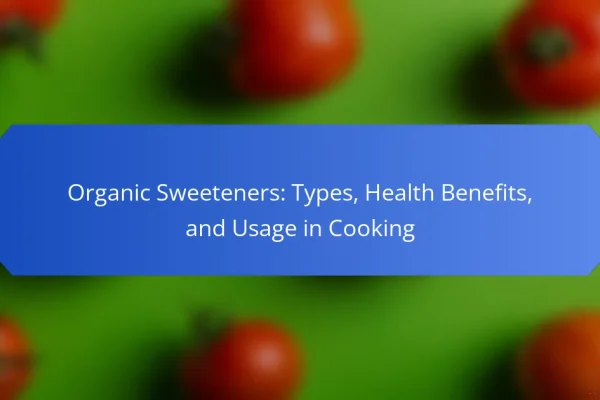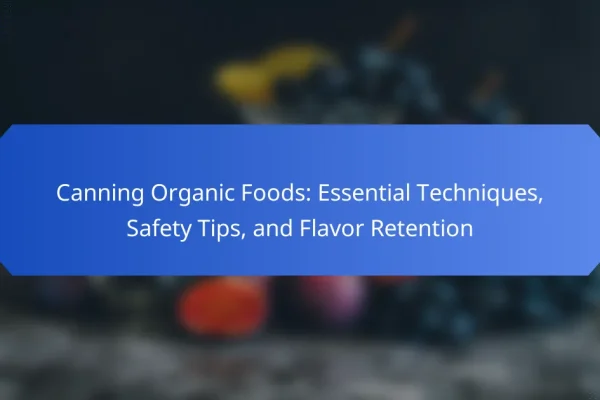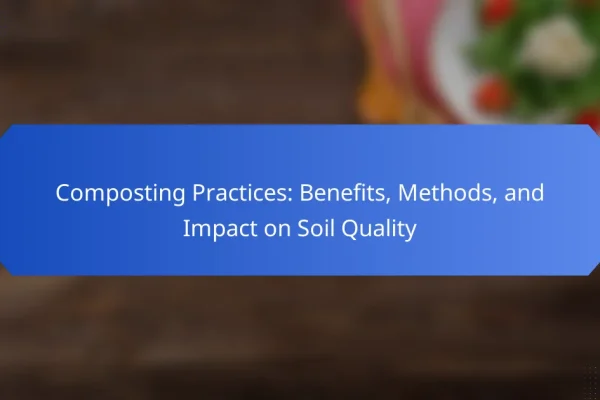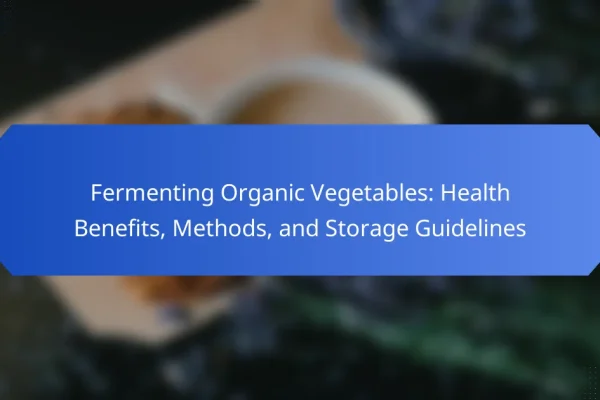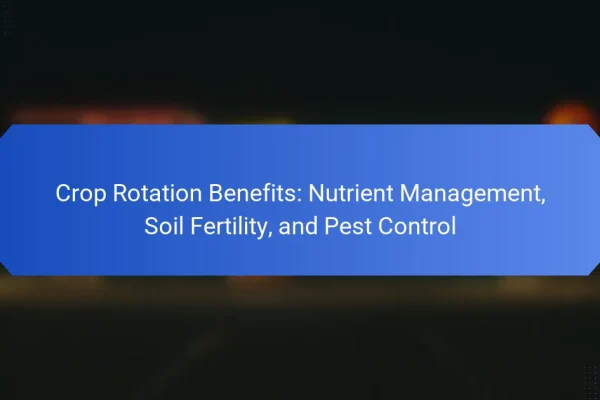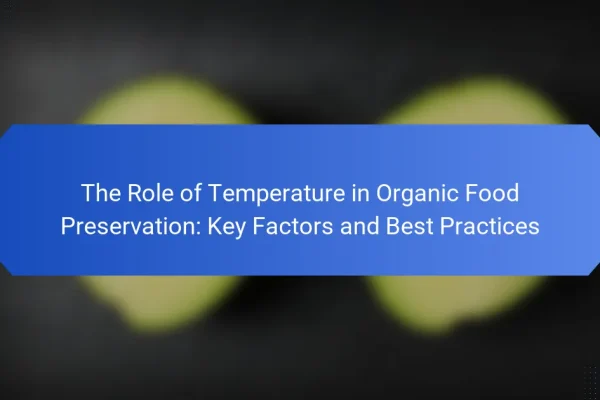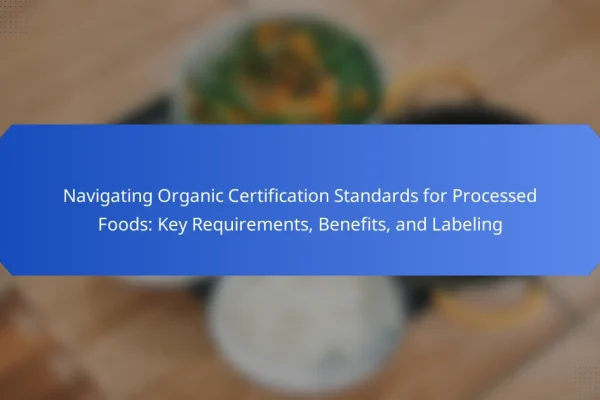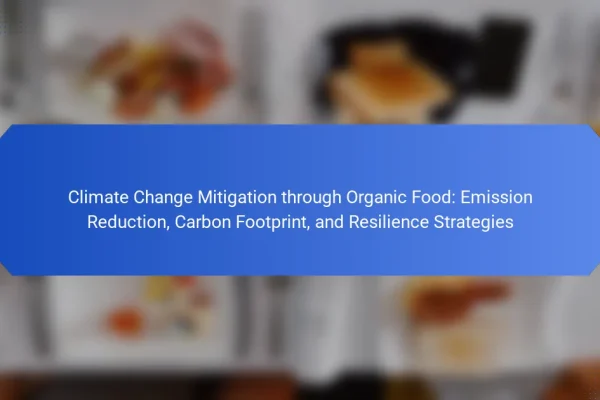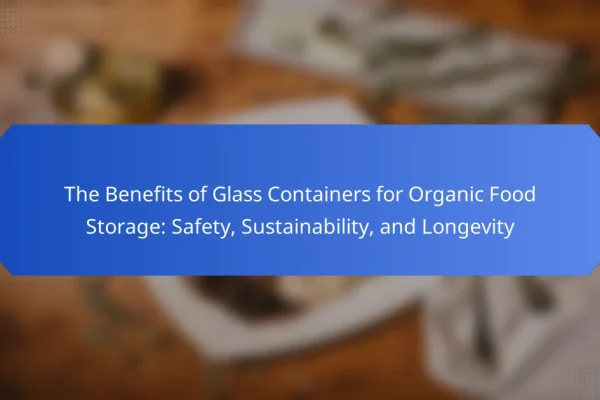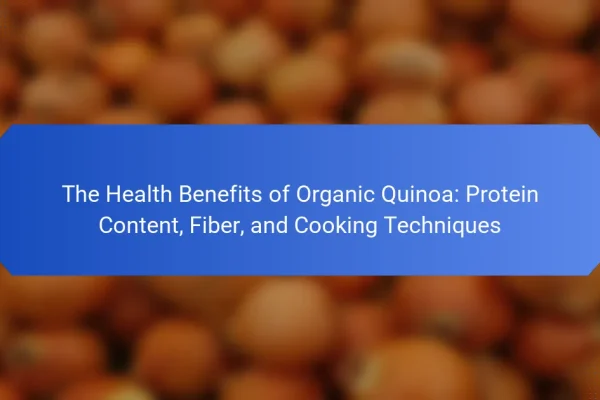
The Health Benefits of Organic Quinoa: Protein Content, Fiber, and Cooking Techniques
Organic quinoa is a nutrient-dense food known for its numerous health benefits, including being a complete protein that contains all nine essential amino acids. It is high in dietary fiber, supports digestive health, and has a low glycemic index that aids in regulating blood sugar levels. Rich in vitamins and minerals such as magnesium, iron,…
